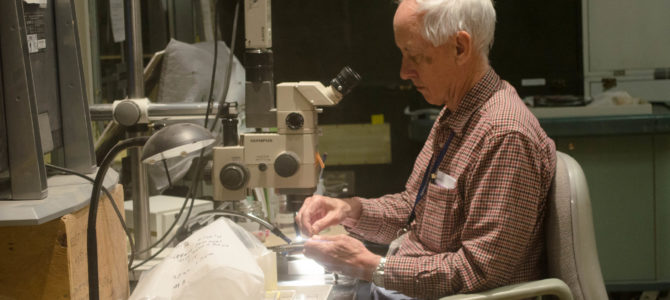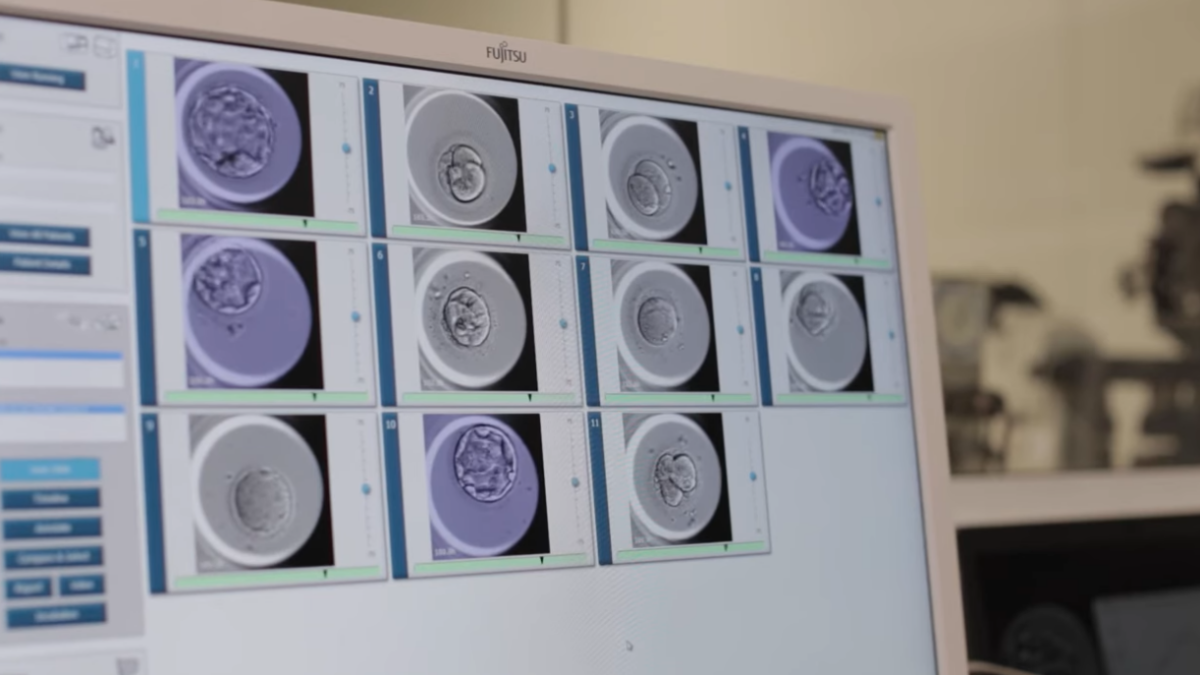
In the age of COVID-19, science is getting a great deal of glowing press. We look to it to find the resolutions we desperately need: a vaccine and treatment for the infected.
But science is also being worshiped by a religious fundamentalism that, contrary to evidence, believes it will guide us into all truth. This is objectively irrational, a statement of faith, an unproven and unprovable belief. But pity the fools who don’t buy this fundamentalism. They are branded science-deniers.
Just last week, the Washington Post’s Jennifer Rubin warned of the “unscientific (or anti-scientific), impulsive style of political theater now in vogue with many Republicans.” Last month, The New York Times opined, “This denial of science and critical thinking among religious ultraconservatives now haunts the American response to the coronavirus crisis.” A Harvard University professor of the history of science told The Guardian, “It is deeply problematic if the leadership of the US government is rejecting science, because it sends a signal to the American people and to business leaders that it is fine to reject science…”
A current Pfizer television commercial tells us, “At a time when things are most uncertain, we turn to the most certain thing there is: science.” This is not a scientific statement, but one of presuppositional faith. Many scientists admit some of their peers worship at an altar called scientism.
The difference is between what science is, which is a method to try to find truth about the material world, and how it is often used, which is to validate entire worldviews and political programs. Science can tell us some things about the material world, but it cannot tell us how we should behave as a result of this knowledge. Pretending otherwise is a problematic allegiance, and broadens the concept of “science” beyond what it can fairly hold.
Science Is Not Infallible
Science has produced much good, but also much evil. Like religion, it is not an inherent good. Simon LeVay, a noted neuroscientist, explains in “When Science Goes Wrong,” “Mostly we hear about science’s triumphs… Once in a while, though, science doesn’t just fail – it goes spectacularly, even horribly, wrong.”
Paul A. Offit, an infectious disease specialist, bountifully demonstrates this in his book “Pandora’s Lab.” He notes science has taken us down some mistaken roads, allowing us “to unleash evils that caused much suffering and death.” Offit laments that while science created antibiotics and vaccines, it also responsible for hydrogenated vegetable oils, a major contributor to early death today.
Naomi Oreskes’s “Why Trust Science” even includes a whole chapter explaining why “the skeptical challenge [to the absolute reliability of scientific contributions] is epistemologically legitimate.” Her first example Edward H. Clarke, a professor at Harvard Medical School, and his “Limited Energy Theory.” He argued that higher education was harmful for young women’s fertility. It caused their ovaries and uteri to shrink, a consequence, he charged, of thermodynamics.
Offit also tells of Germany’s Fritz Haber, who learned how to create nitrogen out of thin air, literally. This resulted in manufactured fertilizers, yielding massive bumper crops globally. Its other result “has been the gradual death of streams, lakes, waterways and oceans.”
Haber also used this technology to create powerful explosives, making World War I “the chemists’ war.” Haber invented deadly chlorine, phosgene, and mustard gases for war. All this earned him a Nobel Prize.
Science and its most prestigious awarding system can do some very bad things. Science also has plenty of other embarrassing and seriously harmful failures: bloodletting, phrenology, eugenics, lobotomies, and the disproven overpopulation scare just to name a few. No, it is not always to be trusted.
Christians Anti-Science? Study Your History
Assuming Bible-believing Christians are anti-science is also dramatically contrary to history and present-day experience. The New Yorker recently detailed how Dr. Anthony Fauci’s passion for medicine was sparked specifically by his Catholic education.
Find any sane Christian who avoids doctors and hospitals when his children are sick. In fact, consider the hospitals in your town. Many have the words “Baptist,” “Presbyterian,” or some variation of “Adventist” in their names. Others bear the name Saint Somebody. The Hume, Darwin, or Huxley Memorial Hospitals don’t exist.
The first guest on the Focus on the Family radio show addressing the COVID-19 pandemic was Dr. Francis Collins, the scientist who mapped the human genome, perhaps the most sophisticated scientific accomplishment ever. He is a serious Christian who believes in the literal resurrection of a real, historical man who was God. I wish there were a kinder word, but it’s simply ignorant to claim conservative Christians are anti-science.
In fact, the history of the scientific method’s development cannot be told apart from Christianity’s substantial influence. It was one of the most influential belief systems contributing to its birth,as Christianity believes God’s creation is not random or capricious, as the Greeks and other pagans believed, but orderly and predictable.
This historical fact is beyond contention. Any Doubting Thomas can consult world-class scholars on the matter here, here, here, here, here, here, and here. If we removed the foundational scientific discoveries reached by serious Christians working out of their official Christian vocation, “It’s a Wonderful Life”-style, modernity would not yet exist. The majority of Nobel Prize Laureates in the sciences are self-professed Christians.
Good Science Demands Skepticism
Science is not a static, perfect ideal, but a process, an approach. Good science must constantly be protected from bad science by skepticism, a fundamental part of its quality. It is not helpful that what gets tarred as science-denial is often merely healthy skepticism.
It is typically ideological insecurity that fuels such name calling. The scientific method not only demands skepticism, it’s as essential as its other qualities: observation, notation, and replication. The intolerance of questioning any scientific finding is a major step toward the death of discipline itself.
The question is not whether a scientific finding can be questioned, but rather, what is the rigor and quality of the questioning. Most of the fruit of science is the necessary improvement upon what it thought was absolutely true yesterday.
Scientists should not attribute to their discipline claims its method cannot satisfy. Science will always be humbled by the reality that it is insufficient to explain the wonders of some of the best things in the world: God, love, laughter, and beauty.
Science provides remarkable answers to serious questions. But it cannot provide every answer to every question. Not even close.









